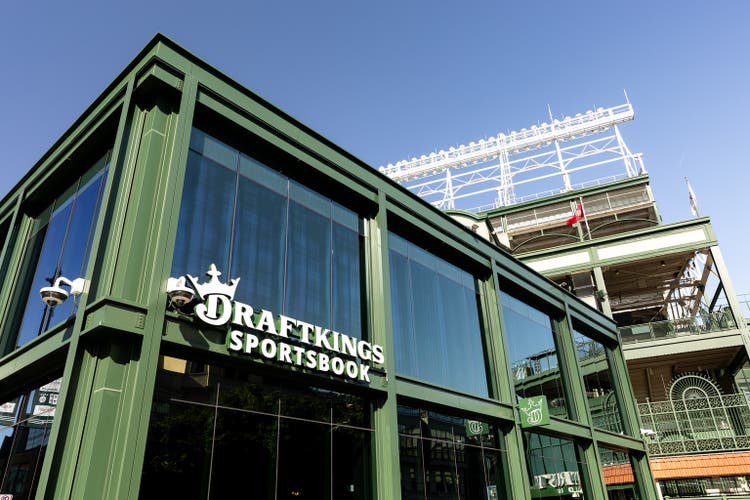The much-anticipated meeting between US President Donald Trump and Russian President Vladimir Putin is set to take place in Alaska, with the aim of ending the war in Ukraine.
This will be the first in-person meeting between the leaders in more than five years, and the first visit by a Russian head of state to Anchorage. While the world watches in hope for a breakthrough in Ukraine, Kremlin aides have hinted that the central agenda will be a resolution to the crisis. But if talks go well, it could also open another door-- a fresh opportunity for the White House to make the case for Trump’s long-sought Nobel Peace Prize.
For nearly a decade, Trump has openly and privately complained about not winning the prestigious award, mentioning it dozens of times since his first term. As he pushes for ceasefire deals in Ukraine and the Middle East, current and former advisers say the prize remains on his mind. One ex-adviser even noted that Trump’s second-term foreign policy appears increasingly geared toward what he views as the “ultimate sign of global recognition and respect.”
Former US National Security Adviser John Bolton suggested Trump’s fascination may have deeper psychological roots, particularly in relation to his predecessor Barack Obama-- who won the prize in 2009 just months after taking office. “I don't think what he has done materially changes the situation in--in any of those circumstances, or several others he's mentioned, like Pakistan/India, where the Indians, not just the government, the entire country are outraged that he tried to take credit for [a peace agreement],” Bolton remarked.
Last Friday, Trump invited the leaders of Azerbaijan and Armenia to the White House to sign a peace deal aimed at ending decades of conflict, building on a process previously mediated by Putin. About which he later boasted on Truth Social.
Michael Steele, former RNC chair, noted in an op-ed that “Obama has been living in Trump’s head rent-free for the last two decades,” linking Trump’s presidential run partly to perceived slights from Obama. “Obama wins the Nobel Peace Prize? Trump spends years obsessing about winning it himself,” Steele wrote.
Seven signs that White House is actively pushing for Trump’s Nobel Peace Prize win:
When the president says it himself
“They will never give me a Nobel Peace Prize,” Trump said in February during a meeting with Prime Minister Benjamin Netanyahu of Israel in the Oval Office. “It’s too bad. I deserve it, but they will never give it to me.”
'On average, one peace deal or ceasefire per month'
"It's well past time that President Trump was awarded the Nobel Peace Prize," White House press secretary Karoline Leavitt told reporters on Jul 31, adding that since January 20, he “has brokered, on average, one peace deal or ceasefire per month.”
'A nice thing to hang on the wall'
“The centre of his public life is the greater glory of Donald Trump, and the Nobel Peace Prize would be a nice thing to hang on the wall,” Bolton said.
'The ultimate peace president'
“The Nobel Peace Prize is illegitimate if President Trump – the ultimate peace president – is denied his rightful recognition of bringing harmony across the world,” White House communications director Steven Cheung declared.
'Peacemaker-in-Chief' at Armenia–Azerbaijan peace summit
At a White House-hosted peace summit, spokesperson Anna Kelly praised Trump’s “direct involvement in major conflicts” and called him “Peacemaker-in-Chief,” suggesting such diplomacy justified multiple Nobel nominations.
Leveraging global nominations
The administration has amplified nominations from leaders such as those of Pakistan, Israel, and Cambodia. After Pakistani officials nominated Trump for mediating an India-Pakistan ceasefire, and Netanyahu presented a nomination letter at the White House, the endorsements were heavily publicised to boost Trump’s case.
Treasury Secretary’s endorsement
Treasury Secretary Scott Bessent told a foreign media outlet: “If it were fairly awarded, I think in a year, he should get it from what I’ve seen.”
From foreign policy manoeuvres to carefully crafted public messaging, the push for a Nobel Peace Prize appears woven into the Trump White House’s broader diplomatic narrative — with each peace deal framed not just as a geopolitical win, but as another step toward a long-cherished personal goal.

 1 hour ago
1
1 hour ago
1











 English (US) ·
English (US) ·